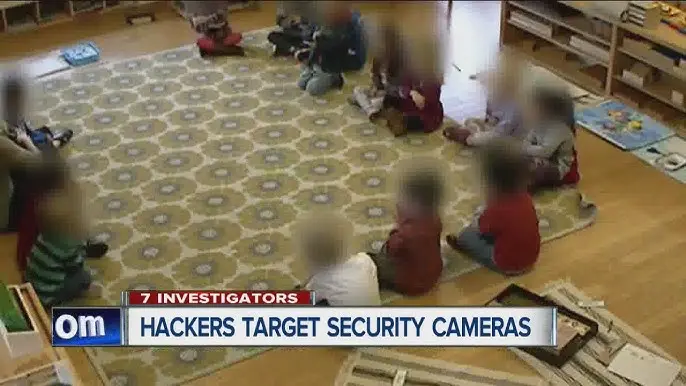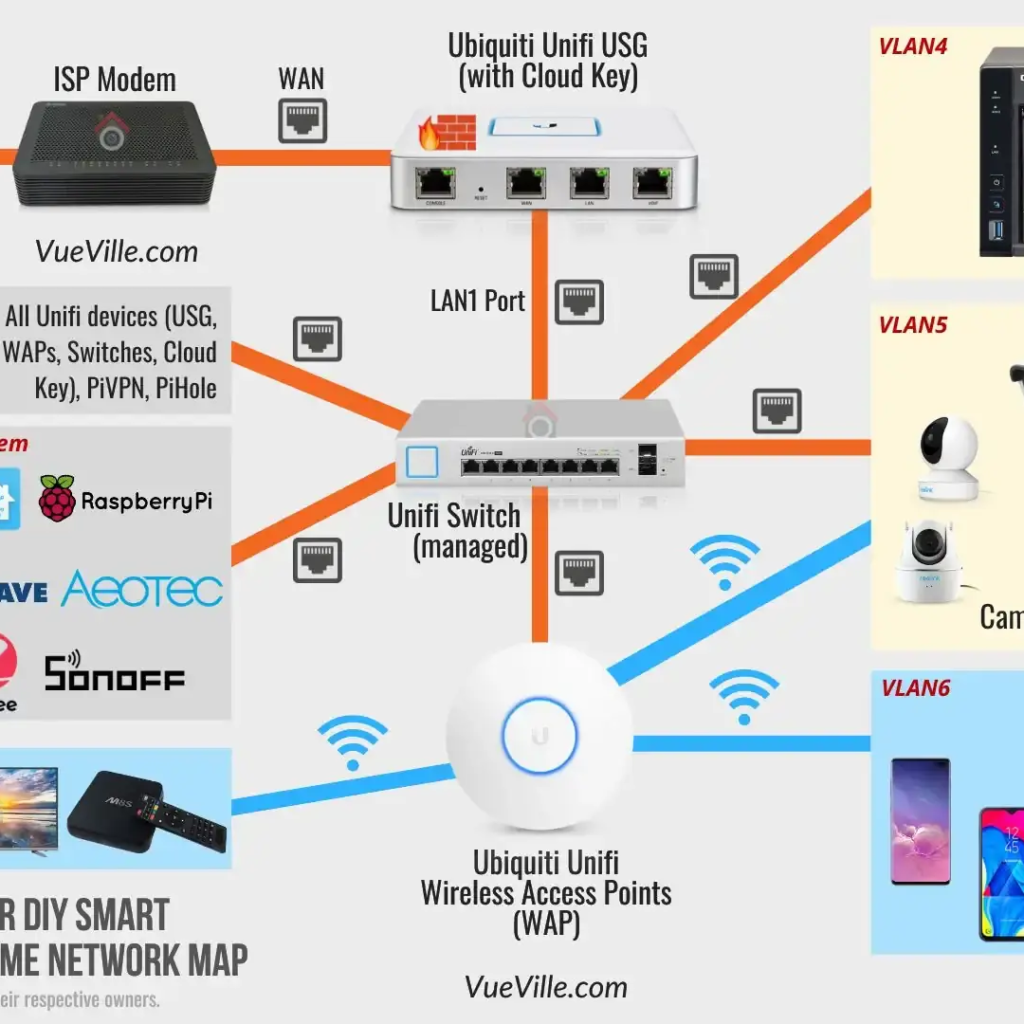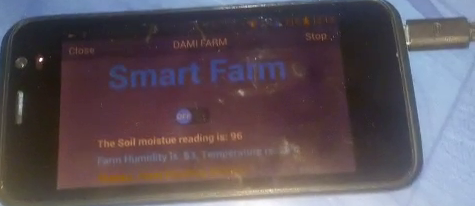Introduction
Ever thought your home security cameras might actually be spying on you? Yeah, it’s a real concern. If your surveillance system isn’t secured, hackers can easily snoop, manipulate, or steal footage. But don’t panic this guide is here to help you lock things down like a digital fortress.
Why Hackers Target Surveillance Systems

Easy Access, Big Payoff
Most people set up their cameras and forget about them. Hackers love that. Unchanged default settings? Jackpot.
Common Vulnerabilities You Might Overlook
Weak Passwords
Still using admin123? You’re basically handing over your camera feed.
Outdated Firmware
Hackers exploit old software like it’s a goldmine.
Unencrypted Data
If your footage travels unencrypted, it’s like sending postcards anyone can read them.
Choosing the Right Surveillance System

Look for Built-in Security Features
Go for brands that prioritize encryption, two-factor authentication, and secure app control.
Avoid Cheap Knockoffs
They may look like a deal but often come with zero protection.
First Things First: Change Default Logins
Make It Unique
Use a long, weird mix of letters, numbers, and symbols.
Never Reuse Passwords
Use a different password for your cameras than your Netflix.
Update Firmware Regularly
Set a Reminder
Think of it like brushing your teeth. Regular maintenance prevents major problems.
Use Two-Factor Authentication
What’s 2FA Anyway?
It adds a second layer of protection. Even if hackers get your password, they still need your phone or email.
IoT Applications in Metal Fabrication Industry for Predictive Insights
Set Up a Secure Network
Use a Strong Wi-Fi Password
Ditch “12345678.” Your Wi-Fi is the gateway to your whole smart system.
Hide Your Network
Turn off SSID broadcasting so random folks can’t even see your Wi-Fi.
Enable End-to-End Encryption
Why It Matters
It means only you (and no one else) can view your footage. Total privacy.
Turn Off Remote Access When Not Needed
Less Exposure, Less Risk
Only enable remote viewing when you’re away and really need it.
Regularly Review Access Logs
Know Who’s Watching
Check who accessed your system and when. If something looks fishy, act fast.
Set Up User Permissions
Don’t Share Full Access
Give limited access to family or roommates not admin control.
Avoid Public Wi-Fi
Don’t Monitor Cameras Over Public Hotspots
Hackers can sniff out your login details like a bloodhound.
Use a VPN for Remote Access
Added Layer of Security
A VPN hides your IP and encrypts your connection, making it harder to trace or hijack.
AI Algorithms for Automating Equipment Calibration Processes
What to Do If You’re Hacked
Act Fast
Change passwords, disable access, and contact your system’s support ASAP.
Conclusion: Stay One Step Ahead
Surveillance systems are great but only if they protect you, not spy on you. A few smart tweaks and habits go a long way. Think of your camera like your front door you wouldn’t leave it open, right?
FAQs
1. Can my home security camera be hacked?
Yes, if it has weak security settings, outdated firmware, or reused passwords.
2. Should I connect my surveillance system to the internet?
Only if necessary, and with strong security measures in place like VPN and encryption.
3. Is using a cloud-based camera system safe?
Yes, if the provider offers strong encryption and you follow security best practices.
4. What’s the safest place to install a camera?
Outside entry points and common areas avoid placing cameras in private spaces.
5. How do I know if my system was hacked?
Unusual activity, unknown devices accessing the system, or settings you didn’t change.


